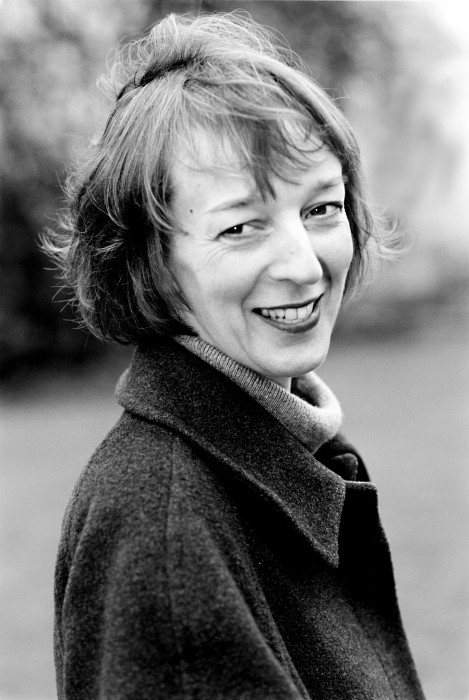Q&A
If you’d like to know more about me, please read my Q&A below:
-
How many novels have you written?
My forthcoming novel, The Jeweller’s Wife, will be my twentieth.
-
How long did it take you to build up your career?
The Winter House, my sixth book, was my breakthrough. It was a bestseller both at home and in Germany. My German readers have been loyal ever since and have given me tremendous support.
I’ve sold more than three and a half million books in total. Three of my novels have been shortlisted for the Romantic Novel of the Year Award. I started writing about thirty years ago. I’m always learning, always trying to improve my work and try different things, always discovering new information about the period in which the novels are set.
-
Did you always want to be a writer?
I’d always had it at the back of my mind that I wanted to write. My first novel, Reynardine, was set in the early 17th century, a period I’d studied at university. The historical background provided a framework for the novel.
-
Was it easy to find a publisher?
I initially contacted four publishers and four agents. One of the publishers, Hamish Hamilton, asked to see the typescript, and two years later the novel was published. After four novels set in the 16th/17th centuries, I switched to the period 1910-1975 and have remained there ever since.
The 20th century was a time of change, especially for women, as well as contrast and conflict. It’s scarred, of course, by the two world wars. In the UK at that time extreme poverty lived cheek by jowl with great wealth. I’ve always been fascinated by the politics, literature, fashion and architecture of the inter-war period.
-
At what point do you begin the historical research? Before or after formulating the plot?
I do both in parallel as historical events affect the plot. And I need to know about the houses my characters lived in, the clothes they wore, the cars they drove etc before I can start writing. I visit the settings and take photographs and write notes. For One Last Dance I visited Dartmouth and Kingswear in south Devon. I used Coleton Fishacre, the National Trust house near Kingswear, as a partial model for Rosindell, my hero’s house.
In The Jeweller’s Wife, I wanted to write about a feud that threatens to tear a family apart. The story is underpinned by a bad marriage and a passionate love affair. It’s about guilt and regret as well as recovery and hope for the future. The Blackwater estuary in Essex is the setting for much of the novel. I was captivated by the constantly changing landscape of saltmarshes, islands and tidal causeways.
-
What makes an interesting and attractive hero?
Of course he must be physically attractive, but he also needs to be energetic and charismatic. He must care about the heroine very much and be protective without being domineering. He needs to be strong and courageous but also kind and humorous. And then add a dash of mystery and a hint of vulnerability to the mixture.
-
How much of your day do you spend writing? And how do you start?
I aim to be at my desk with a cup of tea by 9.00 am. I have a lovely room at the top of the house where I can see the trees though the windows. I work through till lunch then go for a walk or do some gardening and then get back to work. I aim to write between fifteen hundred and two thousand words a day – it doesn’t always happen but that’s my intention!
I begin by writing a synopsis, which can go through as many as four or five versions until we (me, my agent and editor) have something that excites us. I don’t begin to write until I know the outline of the story, including the starting and finishing points. I rewrite as I go along rather than doing first and second drafts. Now and then I stop and do a big rewrite from the beginning of the book, pulling it together and making sure the emphasis is right. The whole process – research, synopsis, writing and rewriting – takes me eighteen months. The weeks leading up to a deadline can be pressured – in recent years, completing a novel on time has been complicated by a house move, a fractured shoulder and major spinal surgery.
When I’ve completed the novel I show it to my agent and then incorporate her criticisms before it goes to my editor. Then another rewrite, and afterwards it goes to be copy-edited.
-
Have you any advice for aspiring writers?
Persevere. Try to write every day. Even if it’s only a couple of hundred words and you end up scrapping most of it, there will be something you can keep and improve on. Try not to get despondent when you have a rejection – every writer, even the most well known, has to cope with it.
